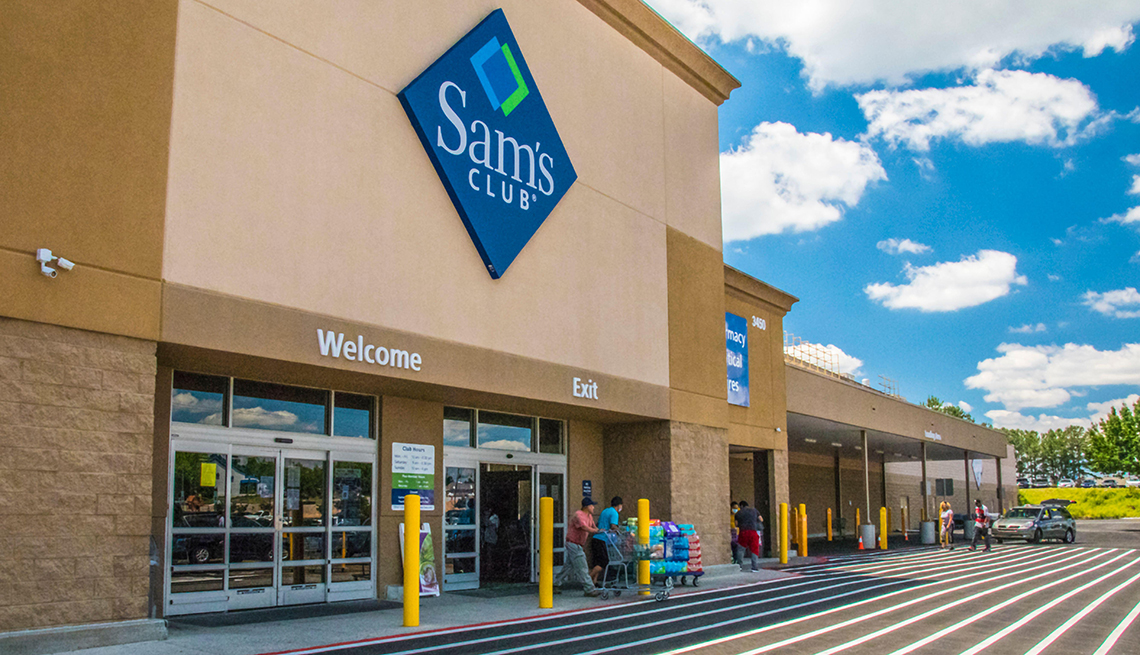
Crooks use sam's club name in phishing email scam
- Select a language for the TTS:
- UK English Female
- UK English Male
- US English Female
- US English Male
- Australian Female
- Australian Male
- Language selected: (auto detect) - EN
Play all audios:

LARGE-SCALE SCOURGE This phishing email — not actually from Sam’s Club — was sent to an AARP member in October. Experts say hundreds of brands are featured in scam emails like these, and
they should be deleted. AARP Sam’s Club has 599 stores in 44 states and Puerto Rico, its corporate parent, Walmart, stated in its last annual report. Sam’s Club has seen no indication that
its computer systems have been infiltrated or that it suffered a data breach, according to Hulliberger. When the company contacts consumers, it never asks for a credit card number, so
consumers should not reveal theirs, she added. The top methods of contact in frauds reported to the FTC in recent years have been, in descending order, phone calls, texts and emails. Though
in third place, illicit emails trigger big losses: $149 million during the first half of 2021, which put losses on pace to exceed the $252 million lost in all of 2020 and $226 million in
2019. After the record-setting number of brand attacks in May, the number dipped to 495 in June, the Cambridge, Massachusetts–based APWG stated in a recent report. Meantime, in June,
222,127 unique phishing websites were reported, along with 9,669 unique phishing email subject lines, the consortium said. The APWG has members from governments, law enforcement and
other entities in about 140 countries, but most of its phishing reports come from the U.S., said Peter Cassidy, its cofounder and secretary-general. To report a phished email, contact: •
The Anti-Phishing Working Group at [email protected] • The Federal Trade Commission at Report.Fraud.FTC.gov To report a phished text message, the Federal Communications Commission
advises alerting your wireless service provider by forwarding the text to SPAM (7726). BE VIGILANT AS HOLIDAYS NEAR The upcoming holidays require vigilance, since the pandemic has triggered
a huge uptick in e-commerce, Cassidy said. COVID-19 has conditioned consumers to be comfortable with online retail and digital payments, so “phishing gangs will be using that comfort and
familiarity to their advantage.” Addressing the phishing emails purportedly from Sam’s Club, Cassidy said that on their face, they were unremarkable — the “same old, same old” pitches
that have long bedeviled consumers. Phished “Sam’s Club” emails don’t seem to be among cybercrooks’ “perennial favorites,” he added. Still, it’s what happens when you respond to a phishing
email that causes problems, Cassidy warned. Does a fraudster in a follow-up call try to wheedle information out of you? Does a link take you to a malicious website?
